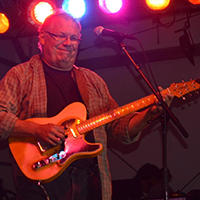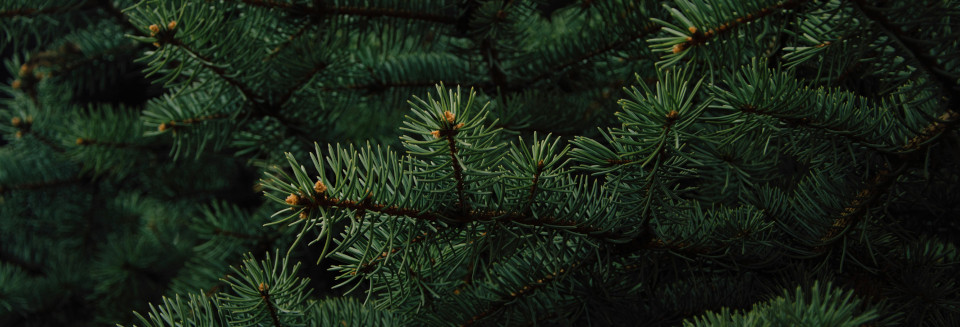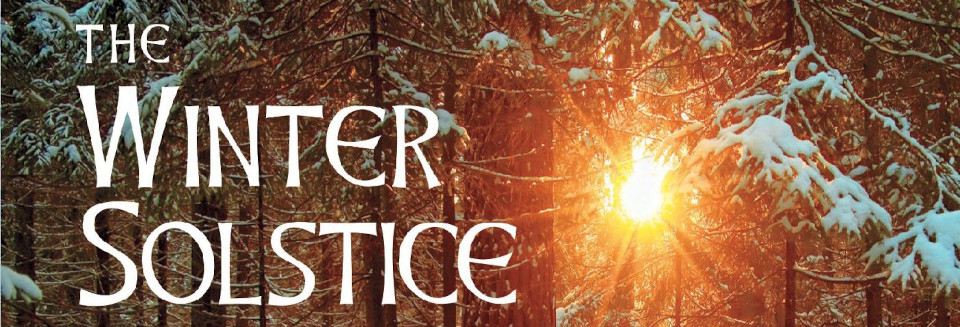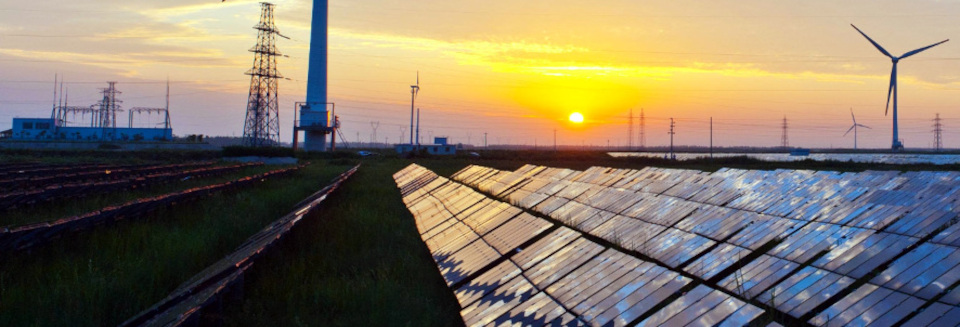
Christmas Candles and Other Stories from Jay O'Callahan
Master storyteller Jay O’Callahan shares some tales about his family during the holiday season. He recalls his community’s tradition of Christmas caroling and how it brought hope to his mother in a time of darkness and for Christmases to come, and he shares stories of an imaginative young girl named Mary.

A Green Message for the Next Generation
Tem Blessed, an environmentally and socially conscious hip-hop artist, discusses how contemporary music can communicate the importance of the environment and sustainability to young audiences. He illustrates this with two of his own pieces: “I am the bee” and “Now is the time.”

A Mainer's Family Traditions
Denny Breau, a singer/songwriter from Maine, joins us during these cold winter months to discuss some of the moments that warm his heart. He shares songs he has written about one of his favorite holiday meals, ice fishing, his Acadian family origins, and his hopes for the new generation.
This Week’s Show
December 26, 2025
listen / download

Christmas Candles and Other Stories from Jay O'Callahan
listen / download
Master storyteller Jay O’Callahan shares some tales about his family during the holiday season. He recalls his community’s tradition of Christmas caroling and how it brought hope to his mother in a time of darkness and for Christmases to come, and he shares stories of an imaginative young girl named Mary.

A Green Message for the Next Generation
listen / download
Tem Blessed, an environmentally and socially conscious hip-hop artist, discusses how contemporary music can communicate the importance of the environment and sustainability to young audiences. He illustrates this with two of his own pieces: “I am the bee” and “Now is the time.”

A Mainer's Family Traditions
listen / download
Denny Breau, a singer/songwriter from Maine, joins us during these cold winter months to discuss some of the moments that warm his heart. He shares songs he has written about one of his favorite holiday meals, ice fishing, his Acadian family origins, and his hopes for the new generation.
Special Features
Field Note: "After the Storm"
Living on Earth's Explorer-in-Residence, Mark Seth Lender, ruminates on the storm as it meets the shore.
Blog Series: Mark Seth Lender Field Notes
Field Note: "Countermeasures"
Living on Earth's Explorer-in-Residence, Mark Seth Lender, shares observations about shorebirds in flight.
Blog Series: Mark Seth Lender Field Notes
...Ultimately, if we are going prevent large parts of this Earth from becoming not only inhospitable but uninhabitable in our lifetimes, we are going to have to keep some fossil fuels in the ground rather than burn them...
-- President Barack Obama, November 6, 2015 on why he declined to approve the Keystone XL Pipeline.
Donate to Living on Earth!
Living on Earth is an independent media program and relies entirely on contributions from listeners and institutions supporting public service. Please donate now to preserve an independent environmental voice.
NewsletterLiving on Earth offers a weekly delivery of the show's rundown to your mailbox. Sign up for our newsletter today!
 Sailors For The Sea: Be the change you want to sea.
Sailors For The Sea: Be the change you want to sea.
 The Grantham Foundation for the Protection of the Environment: Committed to protecting and improving the health of the global environment.
The Grantham Foundation for the Protection of the Environment: Committed to protecting and improving the health of the global environment.
 Contribute to Living on Earth and receive, as our gift to you, an archival print of one of Mark Seth Lender's extraordinary wildlife photographs. Follow the link to see Mark's current collection of photographs.
Contribute to Living on Earth and receive, as our gift to you, an archival print of one of Mark Seth Lender's extraordinary wildlife photographs. Follow the link to see Mark's current collection of photographs.
 Buy a signed copy of Mark Seth Lender's book Smeagull the Seagull & support Living on Earth
Buy a signed copy of Mark Seth Lender's book Smeagull the Seagull & support Living on Earth








.png)
